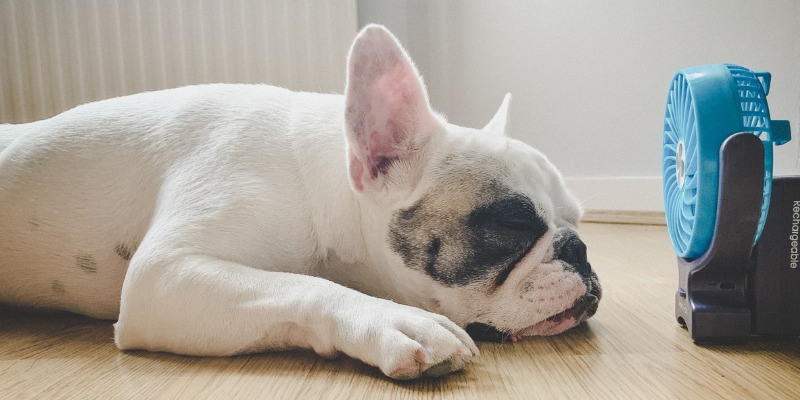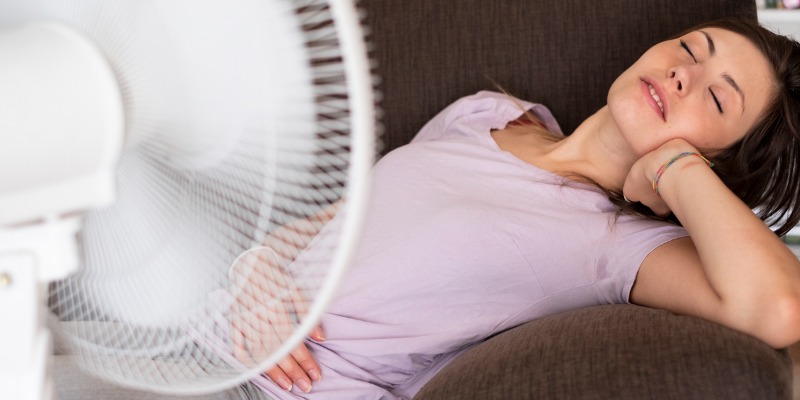
Humidity is a measurement of how much water is in the air. Without any humidity, our skin, eyes, and more would become very dry and uncomfortable. With too much humidity, you could be at increased risk of skin issues. Plus, parts of your home may be at risk for growing mold or being damaged by the increased humidity. Balancing the humidity in your home is essential for your family’s overall comfort and can help with certain health issues. Here’s what you need to know about getting a healthy humidity level in your home.
In Canada, winter humidity levels drop naturally with the cold air. Health Canada recommends boosting the humidity in your home up to 30% or more. Less may cause unpleasant symptoms, especially if you have a respiratory issue like asthma or COPD. You can increase your humidity levels with a whole home or single humidifier.
In Canada, our summer brings in much higher humidity. In fact, it may get too high. Health Canada says that 55% is the maximum humidity you should allow in your home. More can lead to negative consequences from mold to fungal infections. Your air conditioner naturally lowers humidity somewhat, but you may need a dehumidifier to lower it more.
How do you know if you have poor indoor humidity? There are signs you can look for. To start, signs of low humidity include:
Signs of high humidity include:
Want to learn more about humidity levels and how you can improve the air quality in your home? Look no further. Our team at Appleby Systems can help! Call us today.

Sleep can be negatively impacted by very high humidity. It can make you more wakeful and even reduce the amount of REM sleep you get. REM sleep is the most important stage, where true rest occurs. So, it is especially important to lower your home humidity on summer nights, when it is most likely to be high.
If you don’t want to rely on just symptoms of humidity level, you can buy a hygrometer in order to get a more precise measurement.
Alternately, you can use the ice cube method to get a general idea of your humidity level. Grab a dry glass and put four ice cubes in it. Place it where you’d like to measure humidity. In three minutes, look at the glass. Water drops in the glass mean humidity is relatively high, no drops mean it is relatively low.
Are you looking to manage the humidity levels at your home in a better and more effective way? Call the experts at Appleby Systems to get the best advice.
Sources:
https://www.doityourself.com/stry/how-to-do-a-humidity-test-at-home
https://www.sleepfoundation.org/bedroom-environment/humidity-and-sleep
